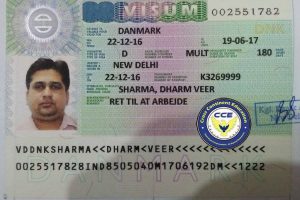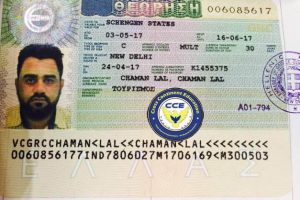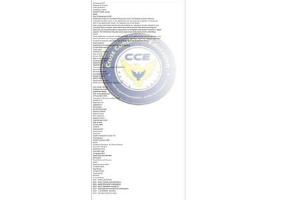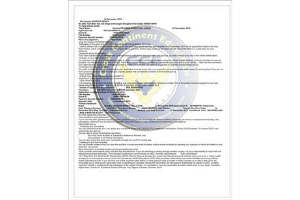Study Visa - France
Education is a priority in France, with 21 percent of the annual national budget earmarked for education. The country boasts a 99 percent literacy rate. France’s higher education history is lengthy.
For administrative purposes, France is geographically divided into 31 educational regions known as académies. Each académie is headed by a recteur, a representative of the Ministry of Education, who is in charge of all education levels within that region. Each académie is further divided into départements, which are headed by an inspecteur d’académie, who oversees primary and secondary education. A law adopted in 1989 established that while the Ministry of Education is responsible for creating the curriculum and setting educational standards and goals, each primary and secondary school has the autonomy to choose how to best teach the curriculum and achieve state-determined educational goals.
How to apply for a student visa for France?
Nationals from a number of countries will apply for their French student visa through Campus France, the country’s official national agency for higher education and international students. Those students would also have been required to use Campus France to apply to their chosen French institutions, via the CEF procedure.
In order to apply for your visa, you will need to contact the French consulate in your home country and provide them with the following, when requested:
- An official acceptance letter onto an accredited program at a French institution. This should be on officially headed paper, featuring your full details, the details of your program of study and the start and end dates of study.
- Proof of sufficient funds for living in the country. The current amount required is €615 (US$820) per month, which can be shown with a bank statement, a guarantor’s letter or a notice of funding from a loan, scholarship or grant.
- Proof of return ticket home. Often this is in the form of the actual ticket or reservation showing the date of departure, but can be a handwritten statement of intent, including intended departure dates.
- Proof of medical insurance (minimum cover €30,000, US$40,150)
- Proof of accommodation. Can be shown in the form of student housing confirmation or a certificate of board and lodging or ‘attestation d’accueil’ (if you’re living with friends or relatives).
- Proof of proficiency in French, if you are studying a French-language course.











